When USC and UCLA announced in 2022 that they planned to leave the Pac-12 for the Big Ten, USC beach volleyball coach Dain Blanton was shocked. “It was the beginning of the ground shaking beneath us,” Blanton tells Front Office Sports.
The 2000 Olympic gold medalist understood the reasoning—the Pac-12 wasn’t providing the financial windfalls that the Trojans and Bruins wanted. But for his team, joining the Big Ten was a problem: The conference doesn’t sponsor beach volleyball at all.
It didn’t take long for Blanton to find a new home. On Nov. 9, 2023, USC announced that its beach volleyball would join a small, lesser-known league called the Mountain Pacific Sports Federation, starting in 2024–2025.
The MPSF has been adopting orphaned Olympic sports teams since 1992, when it launched for the purpose of providing an inexpensive, but high-quality, league to compete in. Unlike most conferences, it operates around sport-specific sponsorships that schools can participate in, rather than school affiliations. It sponsors neither football nor basketball, and it has fewer than 10 employees—and yet, the conference has sent more than 100 affiliated athletes and coaches to each of the 2024 Paris Games and the 2021 Tokyo Games.
The MPSF solves an immediate problem for small collegiate sports; as the Pac-12 broke apart, coaches across the now defunct conference found themselves in the same position as Blanton. But the league could be a solution to a problem that’s much bigger than a few Pac-12 teams looking for new conference opponents.
The latest wave of conference realignment has thrown the U.S. Olympic pipeline into chaos. Beach volleyball is just one example of a sport whose NCAA leagues serve as the main development track for future Olympians in the U.S. and abroad—and whose infrastructure was decimated by football-driven realignment decisions.
The MPSF offers regular-season leagues and conference championships. It allows its sports, which generate limited revenue, to stay local, helping with travel costs and the athlete experience. And it has the freedom to focus on building business opportunities that help keep competition fees low, and send any extra money back to the teams in the league.
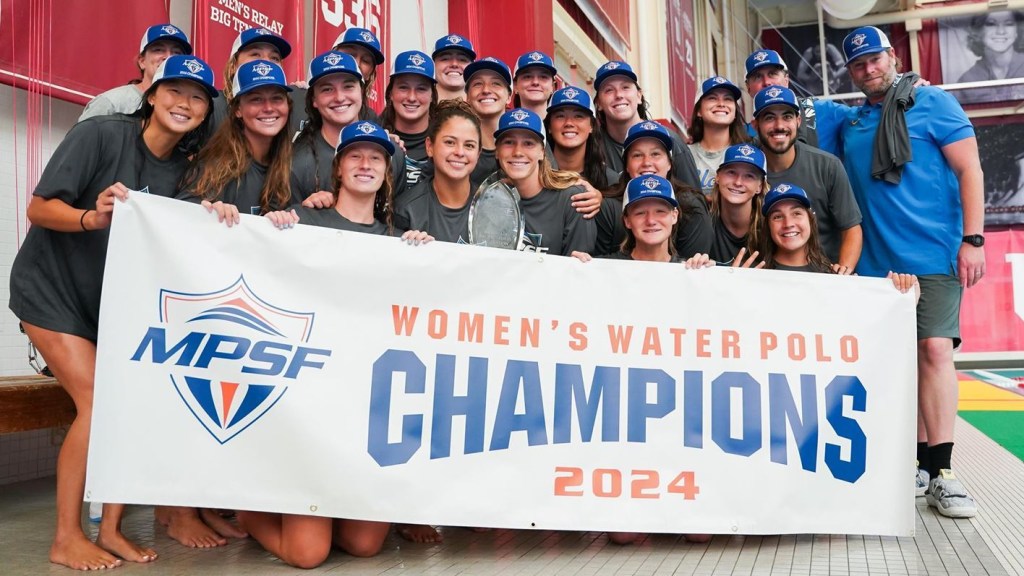
“We just want to be flexible, we want to be nimble, to be able to adapt to this ever-changing landscape,” MPSF commissioner Foti Mellis tells FOS. “We want to make sure that we’re here to meet the needs of the membership, and obviously to continue with Olympic success, and make sure our Olympic athletes can thrive and [have] a place that they can train and be ready for the Olympics.”
The current U.S. Olympic pipeline was established in the 1970s, when the Cold War prompted American officials to search for a way to develop athletes who would crush their Soviet counterparts in as many sports as possible. The existing NCAA infrastructure was used to create robust and competitive Olympic sports leagues, growing to attract elite athletes from all over the globe.
But unlike most other countries, which have state-sponsored Olympic programs, the U.S. model has a unique cash cow. Football television dollars—generated by players who aren’t paid salaries or considered employees—have been arguably powering the world’s most successful Olympic pipeline. Schools take the money they make from football and put it toward the rest of the athletic department, including Olympic sports. “College football, that most American of all pursuits, is paying for the development of Olympic talent from all corners of the globe,” according to the “Commission on the State of U.S. Olympics & Paralympics,” published this year.
At the 2021 Tokyo Games, three-quarters of U.S. Olympians and one-quarter of Paralympians had participated in some form of college sports, according to the commission. The program has been so successful that other countries use it, too: More than 200 athletes competing in the 2016 Rio Games, for example, represented other nations.
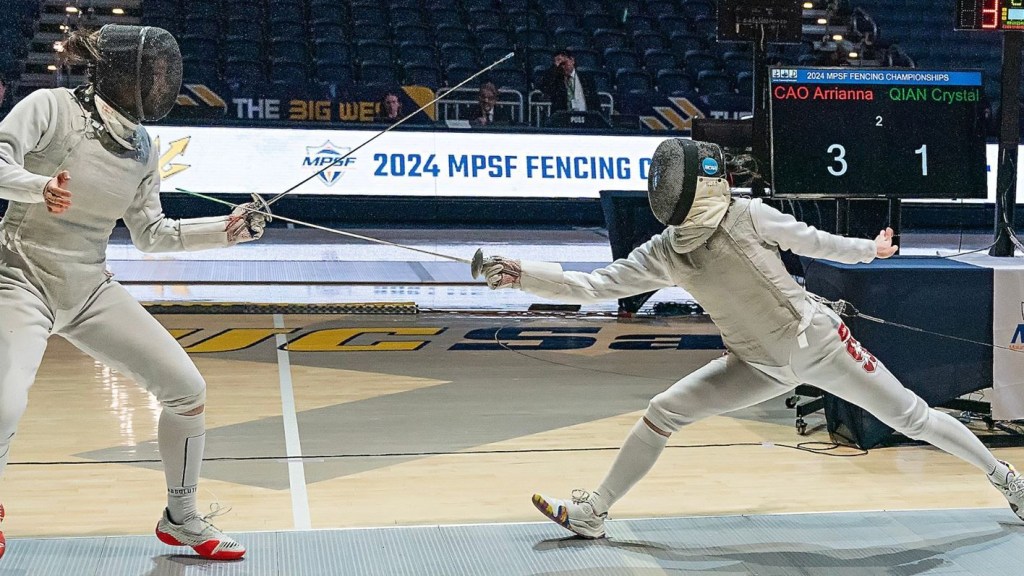
But now, the pipeline is being jeopardized by the very sport that kept it alive. Because of football-driven conference realignment decisions, Olympic sports teams have found themselves in new conferences with either no infrastructure for their sport, or a new reality requiring them to fly cross-country to meet their opponents. And due to recent litigation, schools will soon have to cough up millions to pay football players—money they have threatened to take out of Olympic sports’ budgets.
ASU sports historian Victoria Jackson, an expert on the Olympic pipeline and former competitive runner, who was quoted in the commission’s report, describes the Olympic development community as “asleep at the wheel.”
“A lot of what has been driving this is the refusal to recognize college football as a distinctive industry, and that the sport itself is a different business,” Jackson says. Schools and the NCAA have refused to acknowledge that college football, which generates billions of dollars, operates like a professional sport, and that it should perhaps be treated differently than Olympic programs.
So, football-related decisions end up pulling sports like soccer or tennis along to new conferences that really make sense for only football. “Everybody got dragged down because higher ed refused to act in an open and honest way about what this was.”
The MPSF, however, could provide an alternative to that reality.
Since its launch in the 1990s, the MPSF has grown to sponsor 11 sports this past season, providing regular-season competition and championship tournaments for sports that may not get constant attention, but that are huge in the Olympic Games—including rowing, wrestling, and fencing. The league counts a mix of power conference teams and lesser-known schools, some even from outside Division I, and has been adding more sports over the last few seasons.
The league itself has ballooned despite a different business model from traditional conferences. Because the MPSF is considered a sport-specific conference rather than a school-specific one, it doesn’t receive D-I conference funding from the NCAA. It doesn’t get any name recognition that leagues with football or basketball teams would receive; nor does it get the revenue from those sports’ media deals. As a result, the conference’s resources are incredibly lean, with only six employees listed on its website and annual revenues of just less than $700,000, according to the league’s most recent tax returns.
But while power conference commissioners and administrators—whose budgets go well into nine figures—cry empty coffers, the MPSF is making due with its modest war chest. Mellis explained that in the past few years, major brands that work in the Olympic sports space have expressed interest in the league, from Speedo to Malmsten, the Swedish company that manufactures lane lines for the Olympics. The MPSF is also working on putting together media-rights packages, and is in the process of negotiations for selling regular-season media rights in addition to its championship events.
The league has grown only after the latest round of conference realignment, when the need for a regional Olympic sports conference has never been more necessary. Athletic directors continue to make football-money-related realignment decisions, then realize they’ve joined a league where some of their schools’ other sports have no opponents.
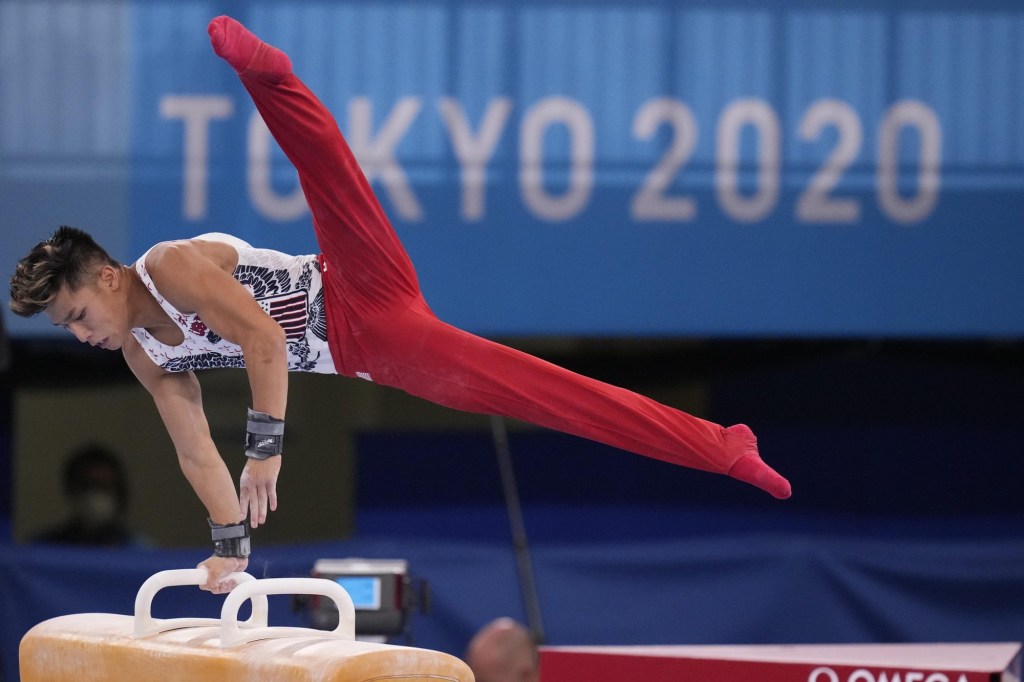
“I get a lot of calls from athletic directors, from prior to them moving [conferences] to the day they announce,” Mellis says. “And they say, ‘Foti, we want to join [the MPSF] because we don’t have a home for these sports.’ Or, ‘Will you start the sport?’ I’ve gotten both those calls on the day that the schools have announced they’re leaving [their conferences].”
The league has become, as Mellis puts it, “a catch-all.” Beach volleyball, which the conference will begin sponsoring this year mostly due to the vacuum left by the Pac-12 breakup, is just one example. When the NCAA stopped sponsoring artistic swimming, the MPSF created a league for it.
“[The MPSF] has been a fantastic tool and option for organizing really competitive play where it didn’t exist before,” Blanton says. “They make sense of sports that have been hard to make sense of.”
The model is working. This year, 134 athletes and coaches with “current or former ties” to the MPSF are competing at the Paris Olympics for 18 countries and across 13 sports. The league ranks fourth in total number of representatives, behind only the Big Ten, SEC, and ACC.
It’s possible that, in future seasons, power conferences will start to accommodate the Olympic sports that have been left out of the realignment equation. The Big 12, for example, announced that it would begin to sponsor beach volleyball after adding four Pac-12 teams. Blanton, for his part, is working with the Big Ten to eventually create a beach volleyball league.
But the MPSF is an example of how Olympic-athlete development could look if these smaller sports have their own infrastructure, rather than being dragged along to new leagues in the pursuit of football money. “To not be beholden to football policy any longer is actually a wonderful opportunity for the rest of the sports,” says Jackson, the ASU sports historian.
Says Mellis: “I think we in the MPSF and my board members that I work with—we feel that this could be the future.”
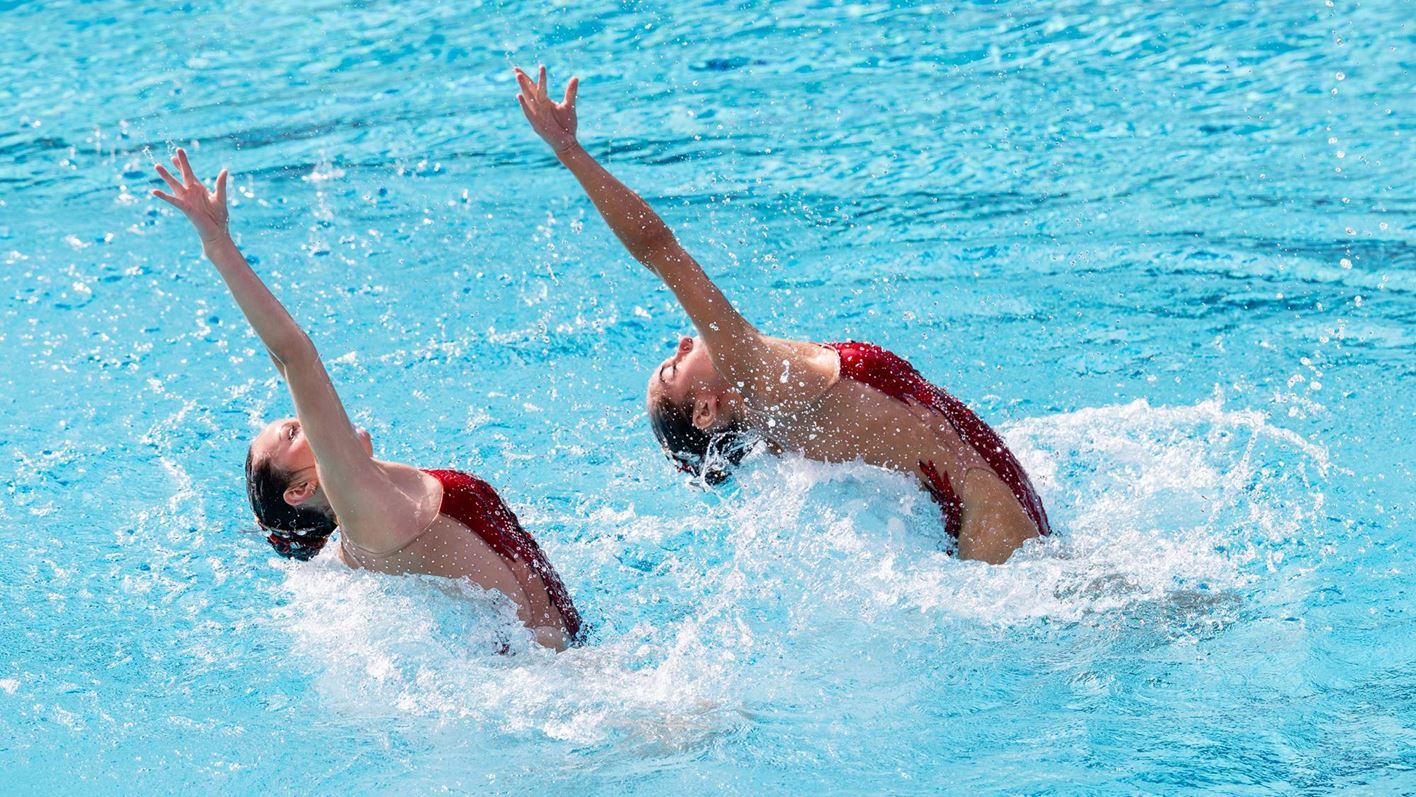
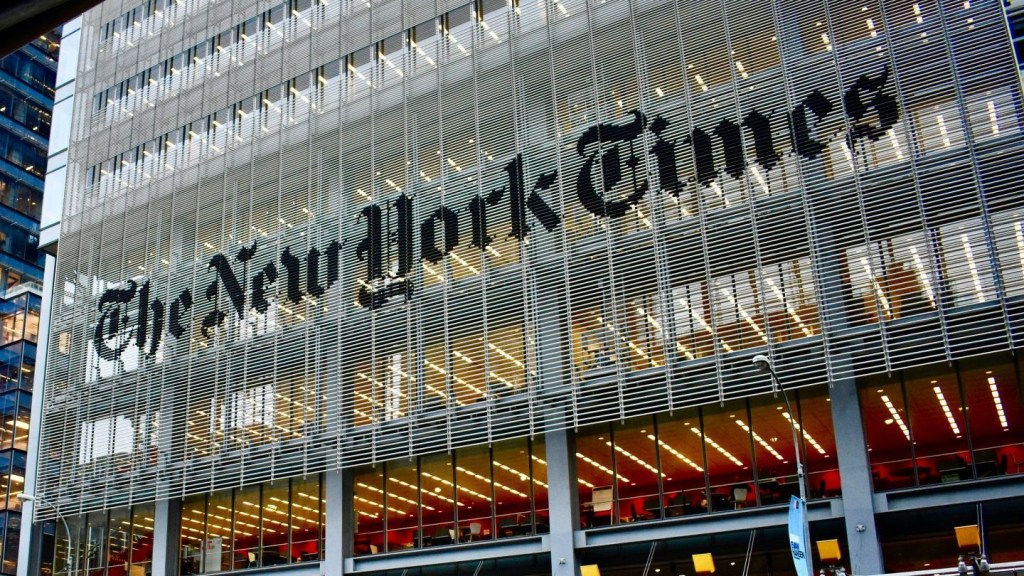
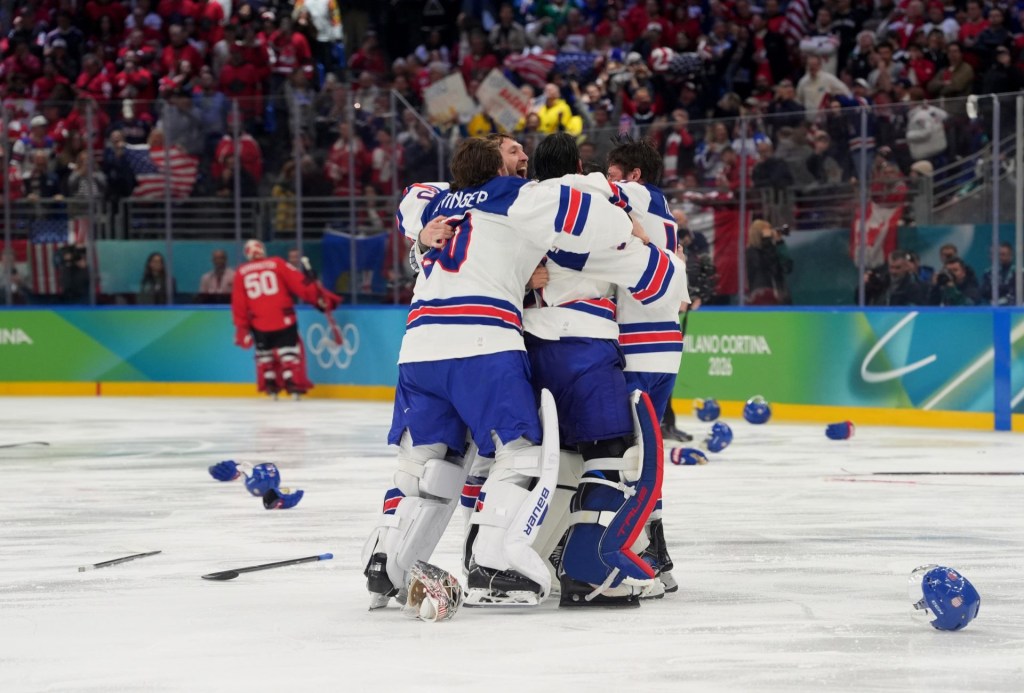

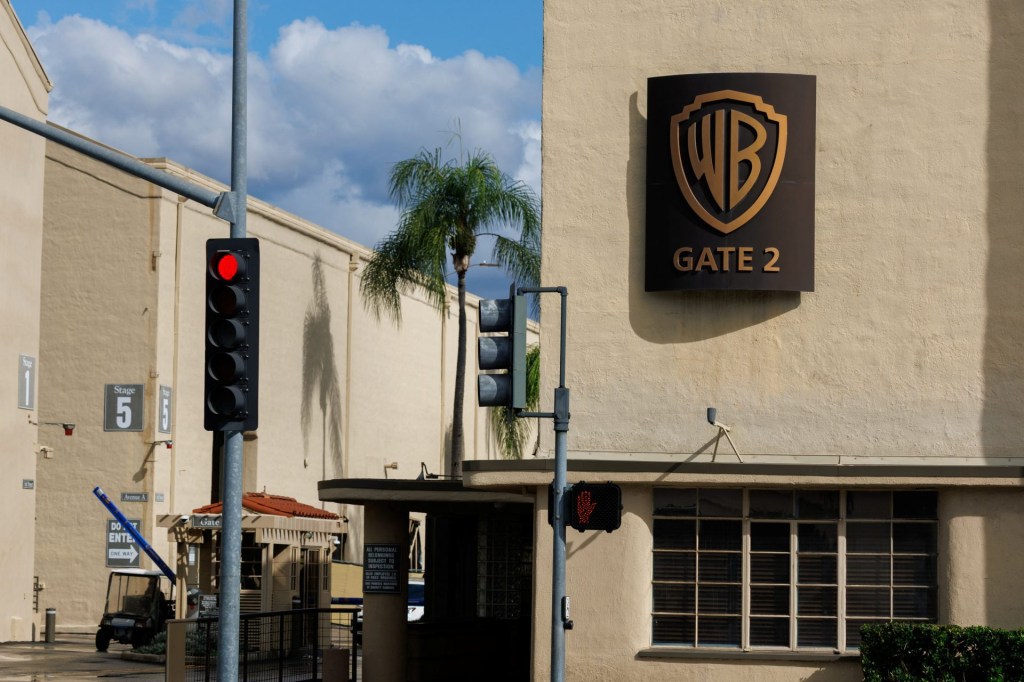
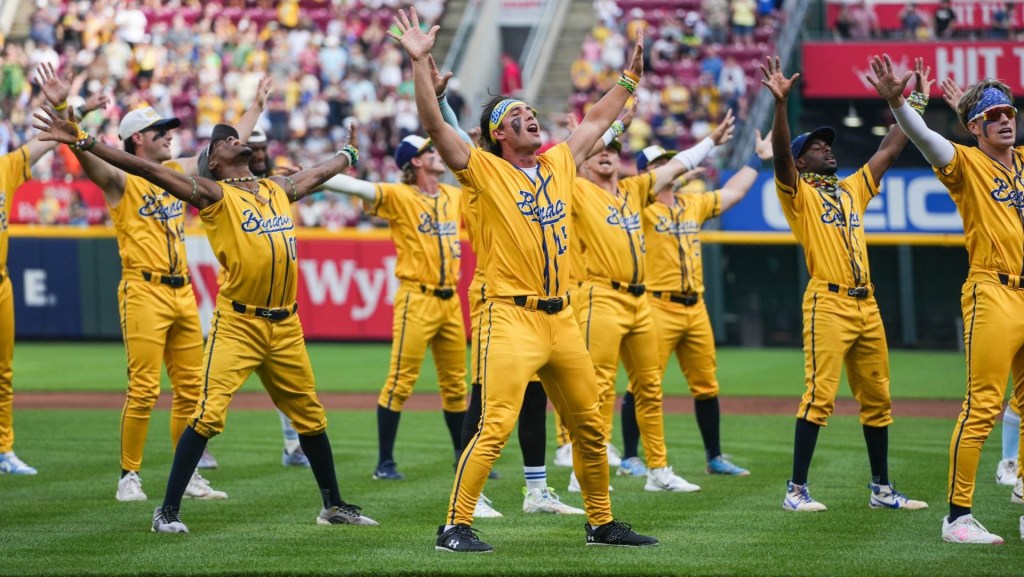
![[Subscription Customers Only] Jul 13, 2025; East Rutherford, New Jersey, USA; Chelsea FC midfielder Cole Palmer (10) celebrates winning the final of the 2025 FIFA Club World Cup at MetLife Stadium](https://frontofficesports.com/wp-content/uploads/2026/02/USATSI_26636703-scaled-e1770932227605.jpg?quality=100&w=1024)











